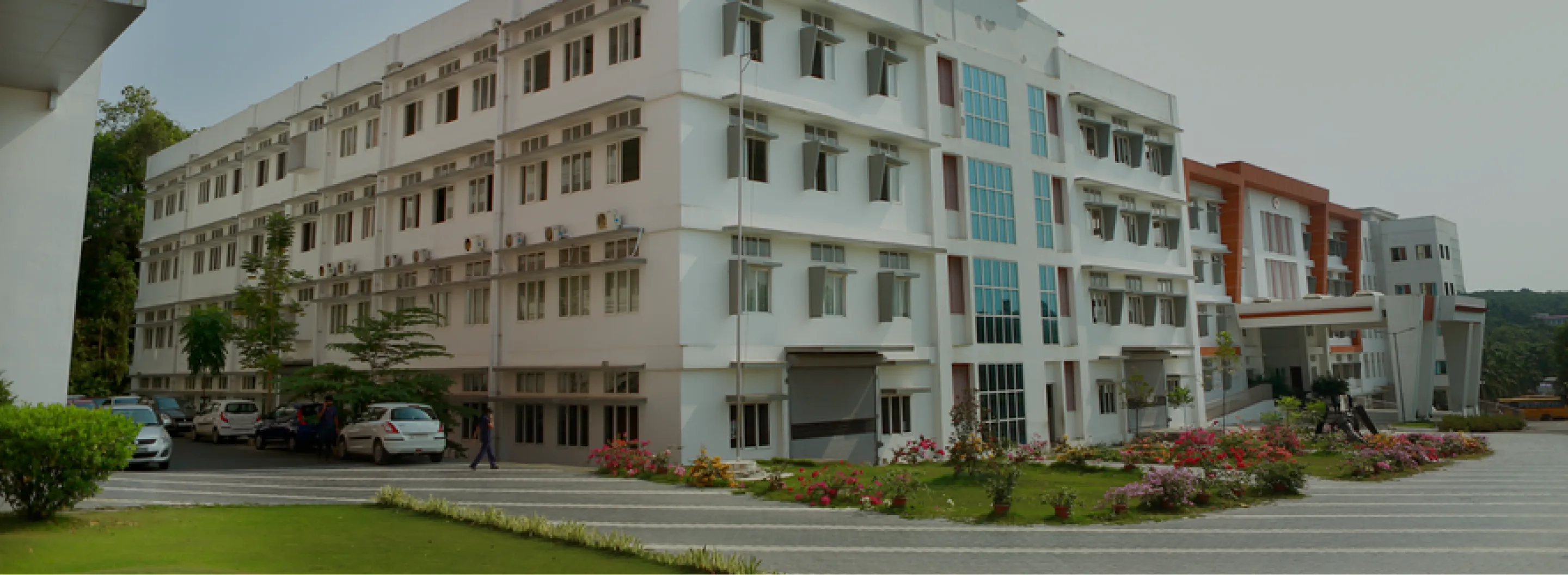
The Department currently offers undergraduate program (B Tech) in Mechanical Engineering. The present intake is 60. We provide state of the art facilities both in the classrooms as well as in the laboratories. The department has a team of well qualified, experienced and committed staff members. It provides an atmosphere conducive for acquiring knowledge and emphasizes on practical learning. The department motivates both cultural and physical activities.
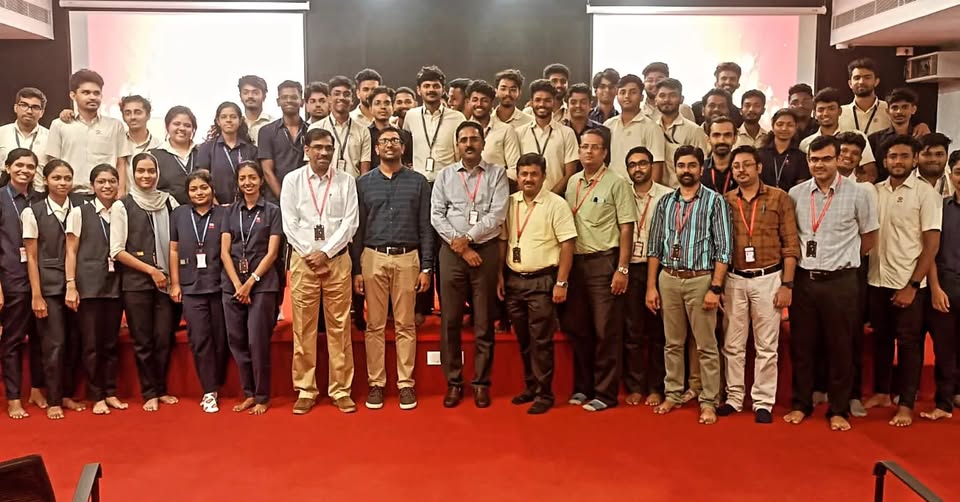
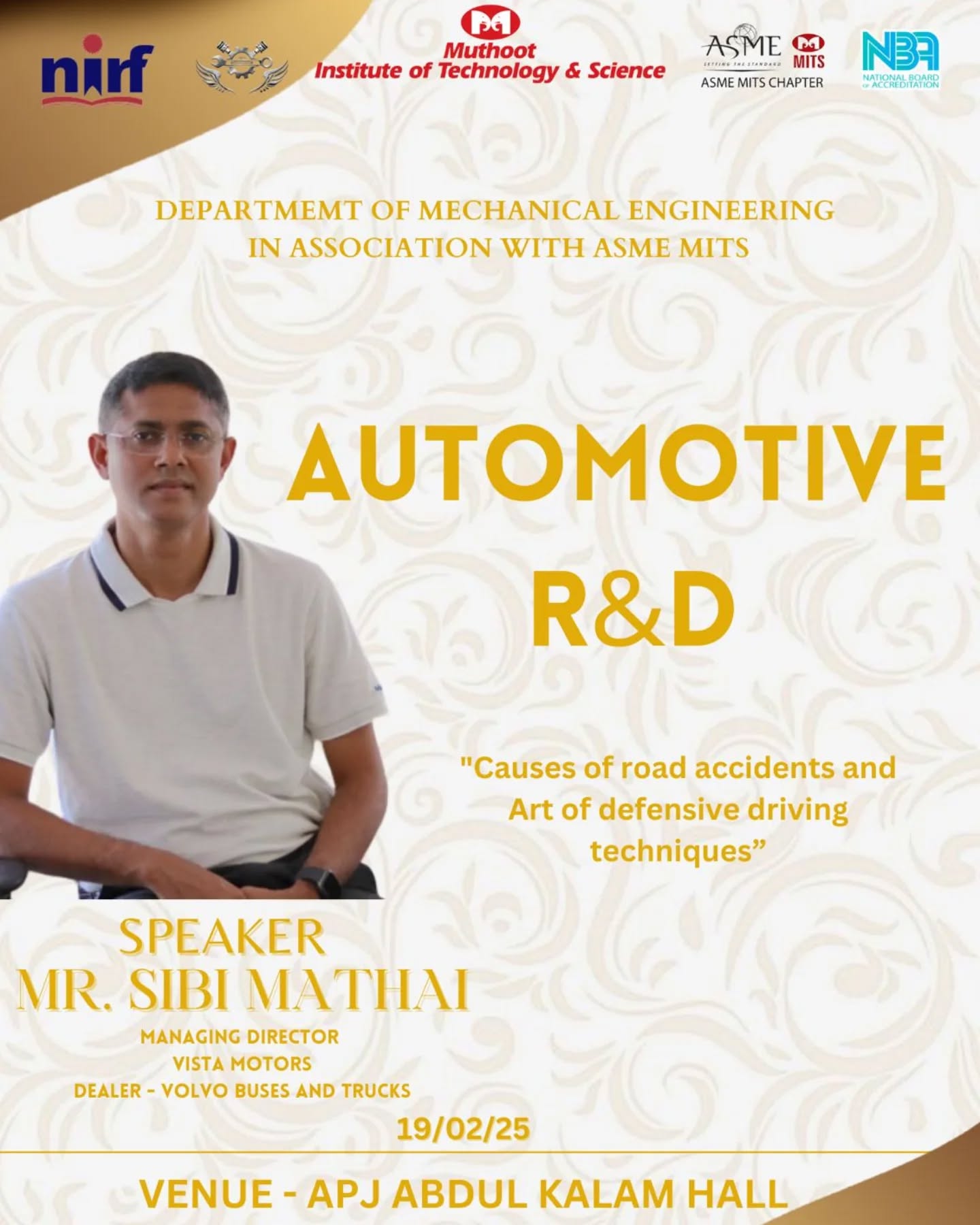
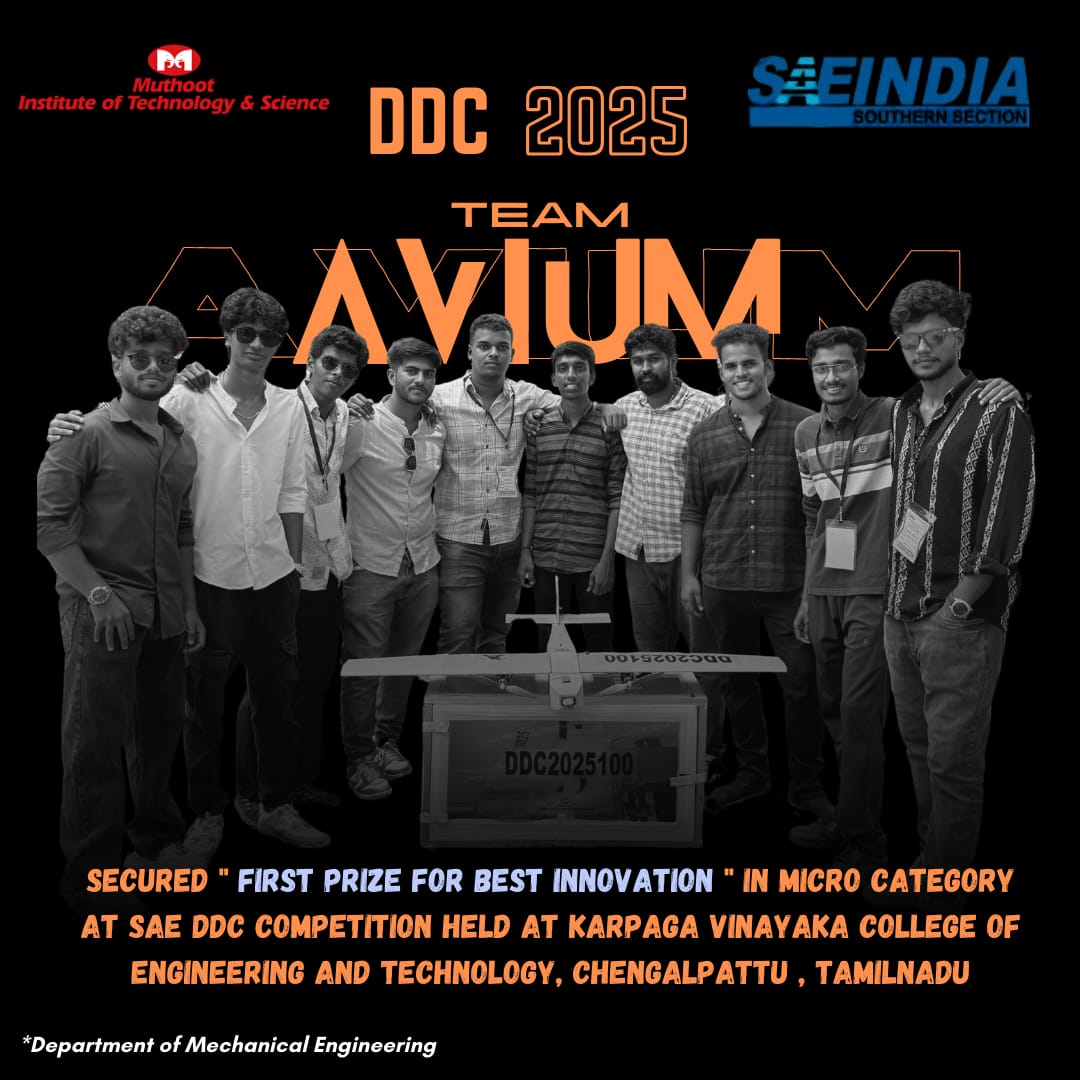
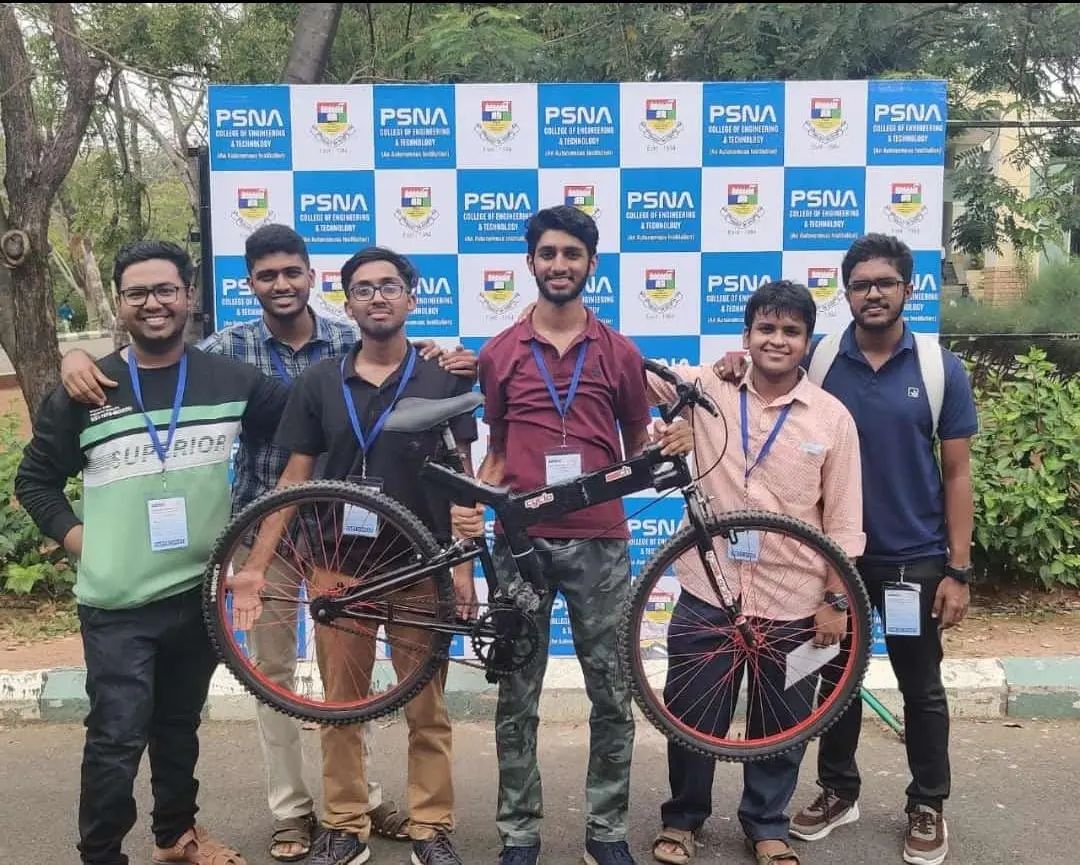
Government Quota (Allotted by CEE based on KEAM Rank )
AICTE Tuition Fee Waiver Scheme (TFW) (based on KEAM rank and family income)
Management Quota (Filled from College merit list prepared based on (KEAM &+2) Physics, Chemistry and Mathematics marks)
NRI – Based on +2marks (KEAM not mandatory)
OCI/PIO/CIWG QUOTA (KEAM not mandatory)
Apply Now !!!
apply now